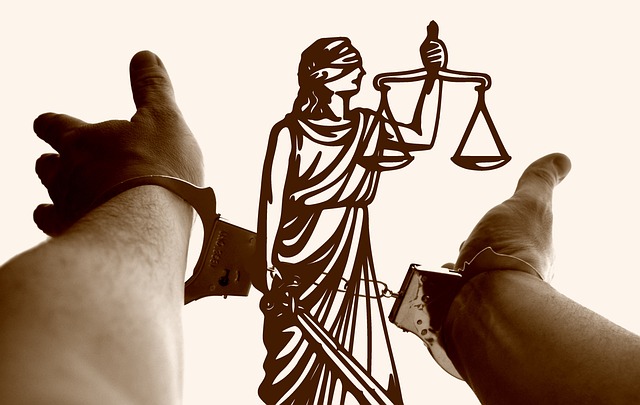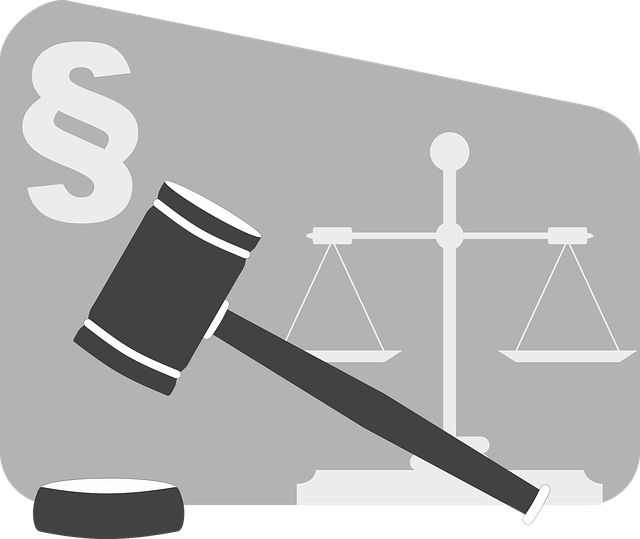Securities class actions empower investors to collectively sue for financial losses due to corporate misconduct, requiring understanding of legal processes like appealing criminal cases. By scrutinizing rulings, preparing appeals with strong arguments and evidence, and employing strategic approaches, plaintiffs' attorneys can secure justice, even in complex cases, mirroring the challenges of navigating a "How to File an Appeal in Criminal Case" process.
Securities class actions are a powerful tool for investors wronged by corporate misconduct. This article guides you through the intricate process, from understanding the legal framework governing these cases to navigating the appeals process. We explore who can file, eligibility criteria, and provide a step-by-step guide on how to appeal. Additionally, we delve into common challenges and effective strategies to help you succeed in securing justice. Learn essential steps, including key considerations when preparing your appeal, especially focusing on ‘How to File an Appeal in a Criminal Case’ related to securities violations.
- Understanding Securities Class Actions: Legal Framework
- Who Can File and Eligibility Criteria
- The Appeals Process: Step-by-Step Guide
- Common Challenges and Effective Strategies
Understanding Securities Class Actions: Legal Framework
Securities Class Actions involve a collective legal process where investors with similar claims band together to pursue compensation for financial losses stemming from alleged misconduct by corporations or individuals. This powerful mechanism, rooted in the legal framework of securities regulations, allows for a unified front against wrongdoers. The process begins with identifying a potential violation, such as fraud or misrepresentation, in the sale or purchase of securities. Investors then form a class, and a lead plaintiff is appointed to spearhead the case.
Understanding how to file an appeal in a criminal case is crucial for achieving extraordinary results in securities class actions. While the primary focus is on civil remedies, a well-crafted legal strategy can involve navigating complex procedural rules and advocating for winning challenging defense verdicts. By carefully constructing arguments and presenting compelling evidence, legal teams can help respective businesses avoid liability or secure favourable settlements, ultimately protecting investors’ interests and ensuring accountability for any misconduct.
Who Can File and Eligibility Criteria
In securities class action suits, individuals who have suffered losses due to alleged misconduct or violations of federal securities laws can file a claim. This includes investors who purchased or acquired securities—such as stocks, bonds, or derivatives—within a defined period, often set by the court, preceding the discovery of fraudulent activities. The primary goal is to achieve extraordinary results, like the complete dismissal of all charges, through collective action rather than individual lawsuits.
Eligibility for filing depends on proving both economic harm and reliance on the defendant’s misstatements or omissions. This typically involves demonstrating that the investor would not have made the investment decisions had they been aware of the true facts. While complex, these cases offer a powerful mechanism to hold corporations and individuals accountable for securities fraud and ensure justice for affected investors, potentially leading to jury trials as a final recourse.
The Appeals Process: Step-by-Step Guide
The Appeals Process for securities class actions can be complex, but understanding how to file an appeal in a criminal case is crucial for all stages of the investigative and enforcement process. The first step involves reviewing the original judgment or verdict, identifying any errors that may have occurred during the trial, such as misapplication of laws or procedural irregularities. This requires meticulous attention to detail and often involves a deep dive into legal precedents.
If viable grounds for appeal are found, the next step is preparing the appeal. This includes filing formal notice within a specified timeframe, gathering relevant evidence, and crafting persuasive arguments. The process may vary depending on jurisdiction but typically involves submitting written briefs detailing the errors and their impact on the outcome. For corporate and individual clients alike, a well-prepared appeal can significantly alter the trajectory of a case, potentially leading to jury trials or alternative resolutions that better serve their interests.
Common Challenges and Effective Strategies
Securities class actions present unique challenges due to their complexity and high stakes. One of the primary hurdles is navigating the intricate legal landscape, which often involves understanding specialized financial terms and regulations. Additionally, these cases demand a thorough examination of extensive documents and records, making it imperative for plaintiffs’ attorneys to possess deep expertise in securities law. Another significant challenge is managing the vast number of potential plaintiffs, ensuring proper notice, and coordinating their interests—a task that requires meticulous organization and communication strategies.
To overcome these obstacles, effective strategies are paramount. An experienced legal team should focus on building a robust case by meticulously gathering evidence, conducting expert interviews, and employing innovative investigative techniques. A well-crafted complaint, supported by solid facts and legal arguments, is crucial. Moreover, successful plaintiffs’ attorneys often employ creative settlement negotiations, leveraging their unprecedented track record to secure favorable outcomes, including complete dismissal of all charges or winning challenging defense verdicts.
Securities class actions are a complex legal landscape, but understanding the process is key. By navigating through the legal framework, identifying eligibility, and employing effective strategies, investors can seek justice for wrongdoings. The appeals process, as detailed in this article, provides a roadmap for those seeking to challenge decisions. Remember, while challenges exist, with the right approach, individuals can make a significant impact. For guidance on how to file an appeal in a criminal case related to securities, consult legal experts and delve into the available resources.






